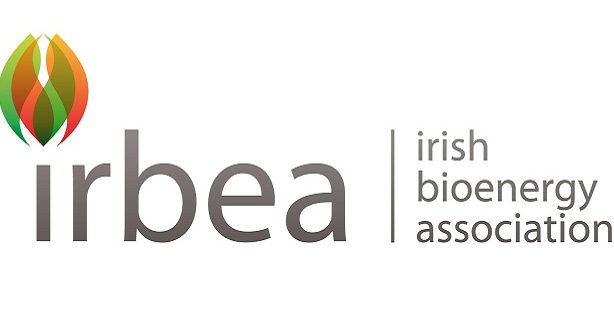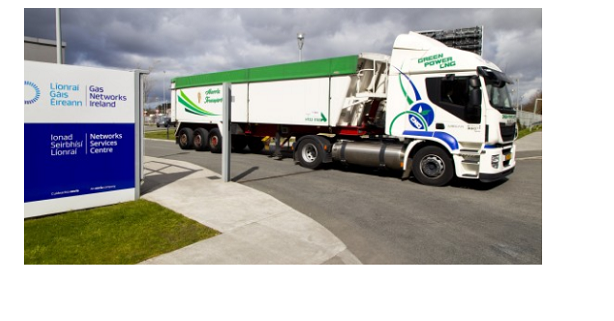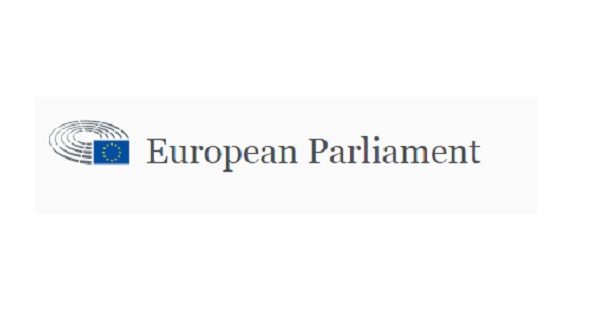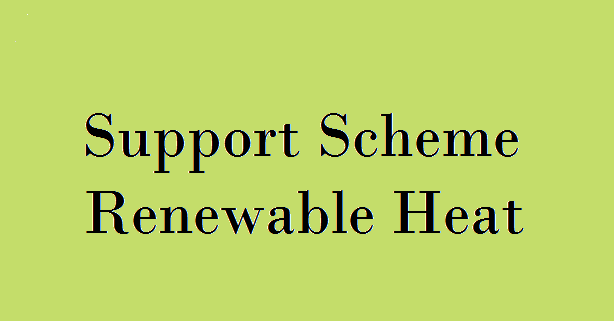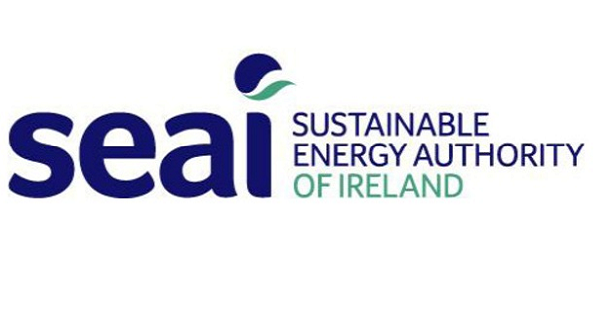Support Scheme for Renewable Heat – Opportunities for Sustainable Bioenergy Development in Ireland
Ger Devlin CEO of IrBEA is presenting at the Power Summit on Tuesday 30 January in Croke Park, he will be speaking in the Heat: Policy and Heat Initiative Session at 11.15am. His presentation ‘Support Scheme for Renewable Heat Opportunities for Sustainable Bioenergy Development in Ireland’ will discuss the recent announcement on the SSRH, which is a very welcome development for the bioenergy sector in Ireland, one that has been stagnant for almost 5 years since 2013. There will be new opportunities now to stimulate growth for businesses in the biomass supply side and indeed for the biomass technology provider of which we have many as members of the Irish Bioenergy Association. As well as helping to meet the EU heat targets of 12% (currently 6.8%) by 2020 it will play a role in reducing potential fines come 2020. This session will present how the tiered rates are going to work and what opportunities exist for industry to make the switch to greener heat and power using biomass.

